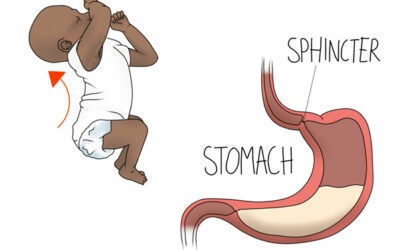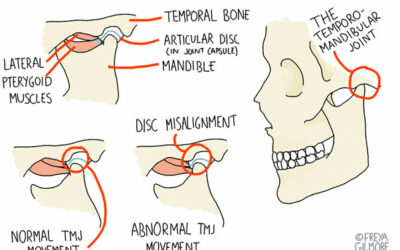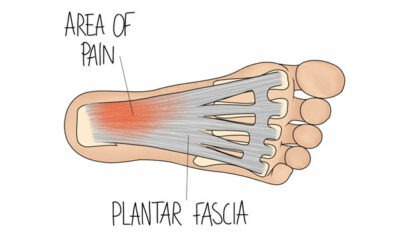
Getting plenty of sleep is essential for our general health and wellbeing. It plays an important role in our immune function and our metabolism. When we’re well rested, we’re more focussed and can generally perform better. Sleeping well can also help to lower stress and boost mood. It’s thought that people who get more sleep throughout their lives live longer too.
Not getting enough sleep can also be a contributing factor to weight gain. When we’re tired, we’re more likely to make poor food choices, opting for high calorie, carbohydrate rich foods that will give us a short energy burst.
So how much is enough sleep? It’s recommended that the average adult gets around seven to nine hours of sleep a night, although that’s not a hard and fast rule and is influenced by an individual’s health and lifestyle. This chart from the National Sleep Foundation in America sets out the recommendations for different age groups, according to recent research from across the pond.
If you’re struggling to get off to sleep – or stay asleep once you’ve dropped off – here’s our advice:
- Try to have a regular bedtime routine. Going to bed and waking up at roughly the same times each day will help to programme your body into a good sleep pattern.
- Pay attention to your bedroom environment – does it help to conjure a mood of relaxation? It should be not too hot or cold, or too bright. Try to keep the bed as a place for rest and sleep too, not somewhere you spend time awake in the day.
- Avoid stimulants before bedtime – and we’re not just talking coffee, alcohol and energy drinks here. Lights from electronic devices, including digital alarm clocks, mobile phones and even external lights can interfere with our natural sleep/wake cycle, or our circadian rhythm.
- Exercise can help to help relieve the day’s stresses and strains – even just 10 minutes a day. But don’t do anything too energetic too close to bedtime!
- Don’t over-indulge. Too much food or alcohol late at night, just before bedtime, can play havoc with our sleep patterns. You may find that alcohol helps you to fall asleep initially, but it will interrupt your sleep during the night.
- If you’re a smoker, giving up smoking could improve your sleep. Smokers generally take longer to fall asleep, wake more often and regularly experience sleep disruption.
- Give yourself time to unwind before going to bed. Take a bath or shower, listen to some relaxing music, read a book – each of these helps to relax the mind and the body.
- If work or personal worries are on your mind, tackle them by making a list of things to do the following day. Writing them down will help to offload them, ready to be picked up again the following day.
- And if you find you can’t get off to sleep, don’t lie there worrying about it. Get up and do something you find relaxing until you feel sleepy again.
A number of complementary therapies can help with sleep disturbances, including reflexology, acupuncture and hypnotherapy. Ask a practitioner if you’d like to find out more about these treatments.
And if you do manage a decent night’s sleep but find you wake up with a bad back, your old mattress could be too blame. Here’s our advice on choosing a new mattress that will give your back the support it needs.



0 Comments